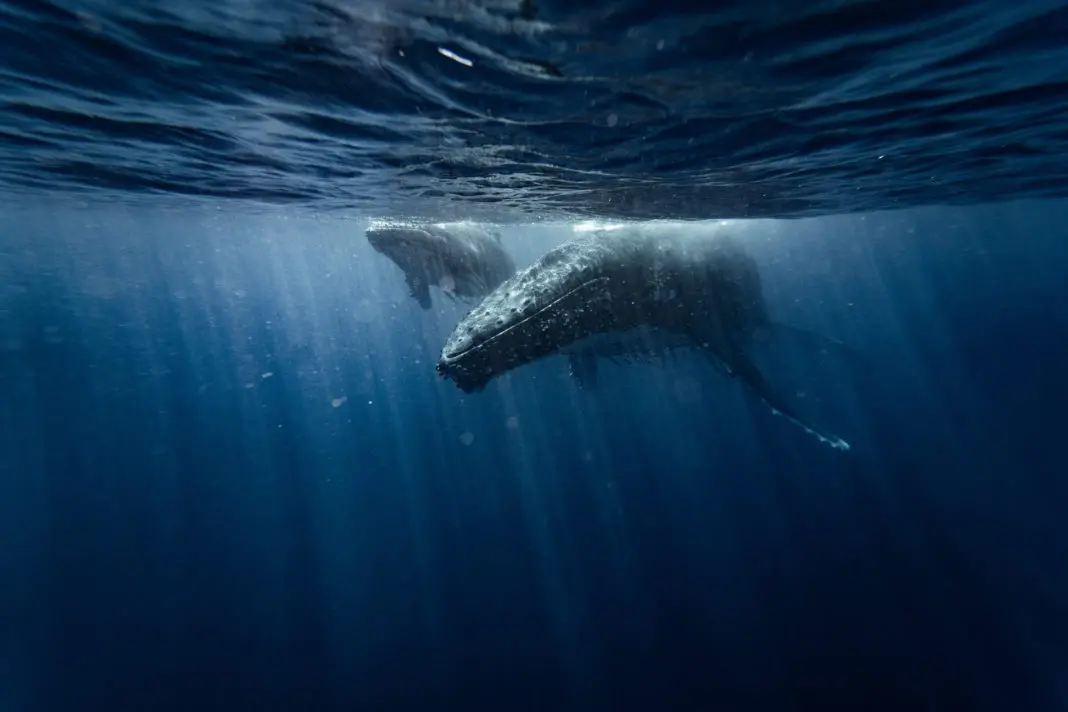Scientists from the University of California, Davis have found that often-overlooked activities need to be addressed in policy to save the California whale population.
The results came from research into the main reasons behind the deaths of the nine main whale species in Californian waters: humpback, gray, blue, fin, minke, sei, sperm, North Pacific right and killer whales. The research was published in the journal Marine Policy.
Researchers found that while the five main factors in whale mortality — entanglements, vessel strikes, noise, water quality, and marine debris — are being addressed by policy, other factors are overlooked. The scientists highlight three factors — nutritional stress, disease and predation — as ones that also need to be addressed through policy.
Commenting on the findings, Eliza Oldach, a Ph.D. candidate at UC Davis, stated:
“We found that oftentimes, people single out fishing or ship strike for their roles in whale mortality. But a whole slew of human activities have collided to make the modern ocean a really tough environment for whales to survive. We’re excited about efforts that look broadly to rebuild healthy oceans. In our research, we were inspired by a few cases where people and agencies are already collaborating to develop policies that tackle multiple stressors for whales. Our paper is intended to highlight that approach and urge other policymakers to think along similar lines.”
While Ph.D. candidate at UC Davis with the Department of Environmental Science and Policy and the Coastal and Marine Sciences Institute and study co-author Helen Killeen. Commented:
“Gray whales migrate over 5,000 miles between their foraging and breeding grounds at either end of the California Current…Throughout their journey, they must pass through a gauntlet of human activities, all while contending with changes to their environment precipitated by climate change. The best conservation approach for these whales is one that addresses overlapping and interacting stressors that span geographic and jurisdictional boundaries.”
Check out the full study here.

